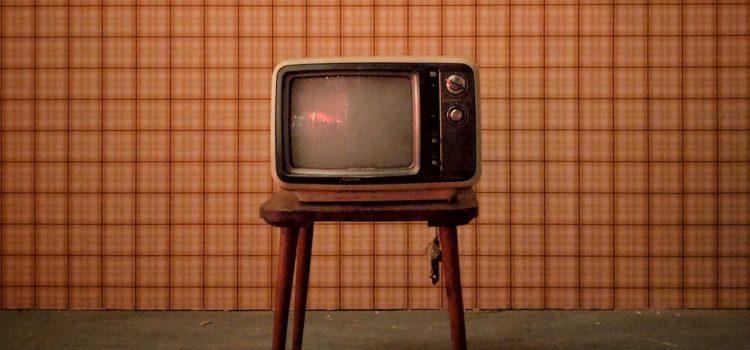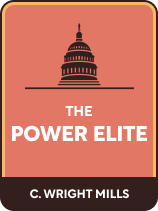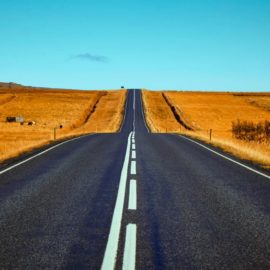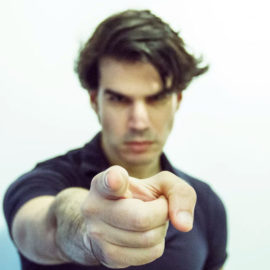

This article is an excerpt from the Shortform book guide to "The Power Elite" by C. Wright Mills. Shortform has the world's best summaries and analyses of books you should be reading.
Like this article? Sign up for a free trial here.
How did the emergence of radio and television affect the political scene in America? Is the internet a solution to the problem—or just more of the problem?
Over time, the American people have lost political power. C. Wright Mills identifies the media as one of the three institutions that control the relationship between the people and their political circumstances. He explains how and why the media elite gradually took power away from the people.
Continue reading to understand the connection between the media and political power.
The Media Elite
Mills explores how the American people have lost power. He argues that, due to changes in media and political organization, many Americans feel powerless to influence their political circumstances—a situation that has contributed to a broad national sense of unease and loss of control. Mills suggests that this sense of unease can eventually lead to large-scale political violence.
Mills argues that the growing centralization of the media—resulting in a media elite—has taken power and influence away from the American people. This centralization first occurred when new technologies like radio and television made it easier for a few people to reach many, while lax regulation allowed a few major corporations to dominate the media industry.
Mills believes that media centralization has taken power away from the American people for two main reasons. Let’s examine each one.
#1: Fewer Opinions
Centralization of media has reduced the number of opinions and viewpoints available to the public. Mills suggests there used to be many different opinions, viewpoints, and political narratives offered by various smaller media outlets. However, media centralization has slowly destroyed these smaller sources, meaning fewer and fewer corporations control more and more aspects of public opinion. Mills doesn’t believe that all major news sources agree on everything, but he does believe that none of them question or challenge the power of the elite.
#2: Less Discussion
Average people are unable to respond to or challenge mass media in meaningful ways. Previously, if an individual wanted to challenge a media opinion, they could either contact the media source directly, present their opposing opinion in a different media outlet, or discuss their opinion with members of their community. However, the centralization of media makes this all unlikely or even impossible—individuals don’t have platforms to express these opinions in a way that others will notice, and they can’t act on their opinions in any significant way.
| The Internet and Centralization Has the development of the internet over the past 30 years counteracted the media centralization Mills discusses, or has it just been another example of it? Let’s look at arguments on both sides, addressing Mills’s concerns about the impact of media centralization: The internet is decentralized: Political commentators often contrast the internet with television to show its decentralized nature and democratizing effect. While television is a one-way medium controlled in large part by a few major networks, the internet allows everyone to communicate with each other and establish their own websites and communities. This addresses both of Mills’s major concerns, allowing everyone to express their opinions, discuss political issues with one another, or even plan activist movements and protests. The internet is centralized: Skeptics or outright critics of internet decentralization view it as a medium that has rapidly become just as centralized as others. They note that voices on the internet don’t carry even remotely equal weight, with a few select websites or users receiving far more attention than others. This means that while everyone can have a voice or discuss an issue, they may not be heard or have any impact. And critics point out that much like television networks before, a major portion of internet use is attributable to a few major companies, such as Netflix and Facebook. |

———End of Preview———
Like what you just read? Read the rest of the world's best book summary and analysis of C. Wright Mills's "The Power Elite" at Shortform.
Here's what you'll find in our full The Power Elite summary:
- How a group of corporate elite controls America's politics and economics
- How the elite exploit America's institutions for their own benefit
- A look at the dangers that arise when citizens feel powerless






